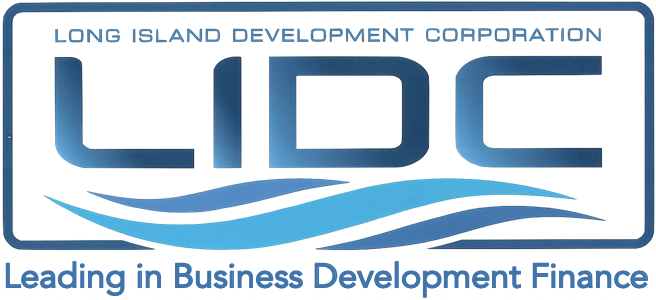|
How to Borrow Money for Your Business March 1, 2015 As many of you know, I operate several government related and private sector loan programs for small businesses on Long Island (previously throughout the tri state area). Over the years, we have made thousands of loans to small businesses-ranging from a $2,000 working capital loan for a start up greeting card designer to multi-million dollar loans for manufacturers buying or constructing their own buildings. Whether it is the small micro loan or the large capital asset loan, whether a business is looking to access government loan funds or conventional bank funding, there are some common factors of which applicants need be aware in order to successfully borrow the money they need for their businesses. First, always come into the lender knowing how much money you need/want and for what purpose. Don’t make a lender guess. And, absolutely never say in response to the question about loan amount- “how much can you lend me?” Lenders want to know that their borrowers have planned properly and completely and that includes detailed knowledge of their credit needs. In addition, the appropriate type of loan will vary with the loan amount and use of proceeds. It is not appropriate to borrow long term money for a short term need (and vice versa). The type of security/collateral required will vary greatly depending on the loan amount and the use of proceeds. If you are a small business (meaning just about every business in America except some of the Fortune 500, 1000 companies) - you should expect that owners of the company will have to personally guarantee the loan (some lenders say anyone who owns 10% or more, SBA says 20% or more). It is the nature of small business that its owners and the business cannot be separated in the eyes of lenders. And do not expect to borrow money – whether from government or conventional sources- without putting up collateral/security unless you’re borrowing a very small amount and have a super stellar credit /track record (company and personal). It is all about risk tolerance. Banks are owned by stockholders. They expect their investments will be safe and they’ll get a return on their money. This necessitates a conservative approach. Bank regulations- in place to protect us consumers both individual and business- also create a risk aversive environment for conventional lenders. Even the government loan programs have only so much risk tolerance. This may often mean that the business owner needs to put up personal assets as collateral (i.e. A second mortgage on his/her home), especially if the company has no significant “hard” assets to pledge. Most of the government loan programs shy away from taking things like accounts receivable, inventory and the like as collateral. First, they want to leave those items for the banks to lien for lines of credit or for alternative lenders (like factors) who specialize in loans secured by those assets. Second, the government lenders are not experts at monitoring such collateral or find such monitoring to be too expensive given the purpose of the loan program. Third, the government loan programs are ‘playing’ with your tax dollars (either direct or through guarantees).. While economic development objectives of a government loan program can go far to outweigh credit issues in a company, there is a limit. Too many times I have looked at an application from a company which, by its nature, doesn’t have “hard assets”, or may have some credit bumps (start up business, a year of losses perhaps, sudden explosive growth etc.). Yet, when I look to the personal financial statement of the owner and see equity in a home and ask for a subordinate mortgage- I hear “absolutely not- I don’t want to risk my home.” This is certainly an understandable reaction. However, from a lender’s standpoint- if we’re going to risk government related loan funds, then we expect the person who is going to directly economically benefit from the loan to be as willing to take a risk. Business owners will often ask me what to do when their business has no hard assets and they don’t have equity in a personal home to provide as collateral (or can’t pledge same due to a divorce, etc.). Unfortunately, the only option in those cases is often alternative and/or hard money lenders. I do suggest that if a company owns machinery, equipment or inventory of any kind, make sure to book it on your financials from the beginning so those assets are part of the company and can be looked to as collateral. If they’re not on the books, they don’t exist from the lender’s perspective. Also, borrow money from your bank when you don’t need it- that helps you establish a track record of successfully borrowing and paying back a loan. It goes a long way to solidifying your credibility BACK |

|

|
Business Loans and
Saturday, April 27, 2024 |
|
Long Island Development Corporation Corporate Office: 175 Engineers Road Suite 200 Hauppauge, New York 11788 Tel: 1-516-433-5000 Fax: 1-516-433-5046 Email: info@lidc.org |
   
|
|
| Long Island Development Corporation |
Tel: 1-516-433-5000 Fax: 1-516-433-5046 175 Engineers Road, Suite 200 · Hauppauge · Long Island · New York 11788 |
|
(C) Copyright 2009 - All Rights Reserved Hosting & Maintenance Provided by Connetrix Site Map | Privacy www510 |